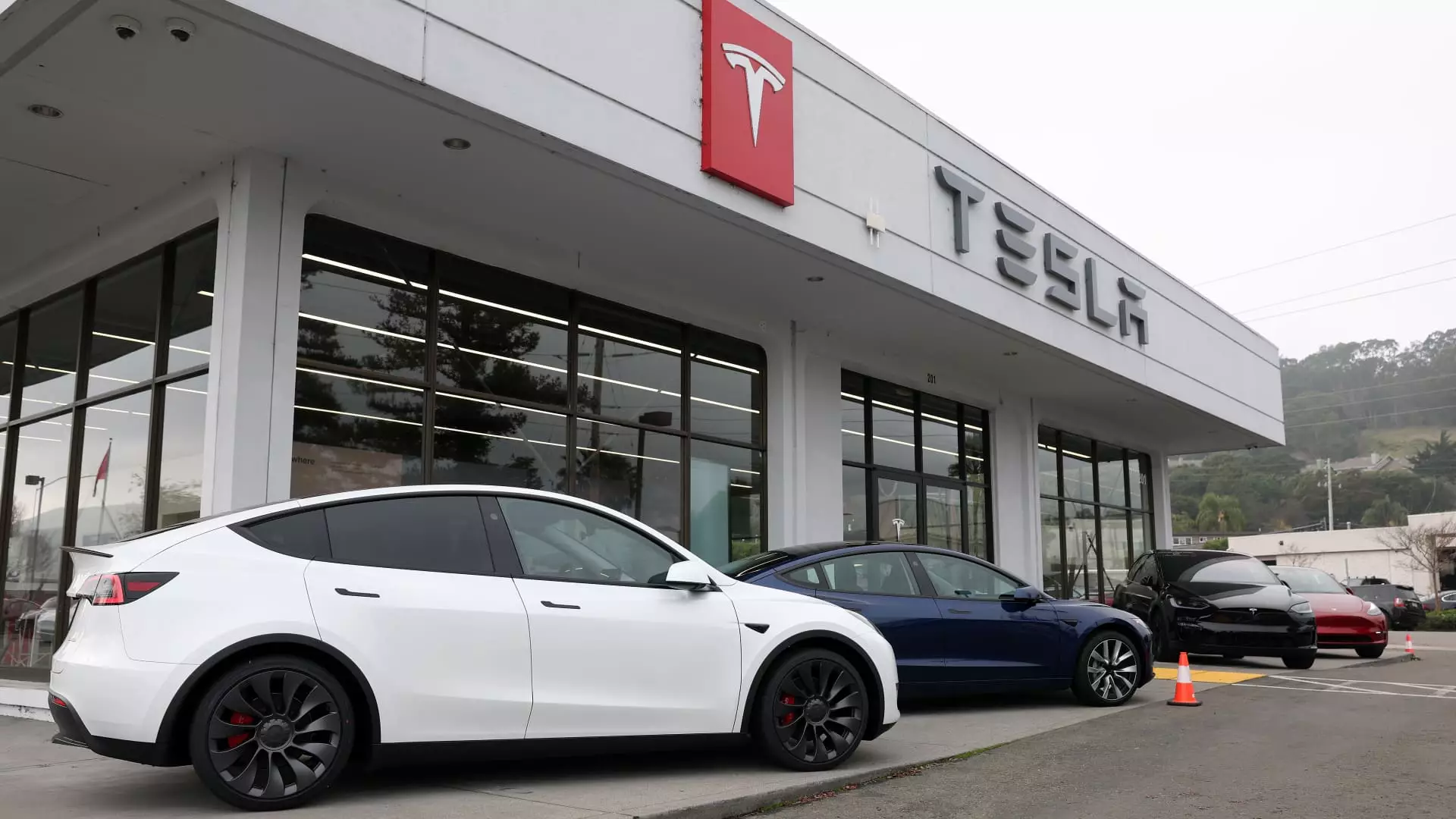In a significant move, Tesla has announced the voluntary recall of 376,241 vehicles in the United States, primarily targeting Model 3 and Model Y cars manufactured between February 28 and October 11, 2023. This recall is specifically due to complications related to the power-assisted steering systems, which could pose a potential safety hazard for drivers. As per the National Highway Traffic Safety Administration (NHTSA) records, certain older software versions may contribute to the failure of printed circuit boards in the steering mechanism, thereby increasing the steering effort required for drivers during operation.
The potential consequences of a steering system failure are significant. If the power-assist steering malfunctions, drivers will have to exert substantially more force to control their vehicles, escalating the likelihood of accidents. Particularly concerning is the scenario where vehicles could encounter failure when transitioning from a complete stop to an acceleration phase. While Tesla has stated that no crashes, injuries, or fatalities have been reported concerning this specific defect, the nature of the issue raises alarms amongst vehicle safety advocates and consumers alike.
In response to the identified safety issue, Tesla is offering an over-the-air software update as a remedy. This innovative solution highlights Tesla’s commitment to addressing problems efficiently through technology. Over-the-air updates have been a hallmark of Tesla’s operational model, showcasing the potential of modern vehicles to receive real-time software enhancements. However, it also raises questions about the reliance on software solutions for hardware issues, especially when the stakes involve driver safety.
This recall is not an isolated incident but part of a broader narrative that connects Tesla with regulatory challenges. Previously, the company faced a similar investigation in China regarding power steering issues, demonstrating that these problems are not geographically confined. Moreover, the NHTSA has been scrutinizing Tesla for safety defects in the company’s Autopilot and Full Self-Driving features—technologies that necessitate constant driver oversight. The history of investigations surrounding these autonomous capabilities indicates a pressing need for rigorous safety standards in the evolving landscape of automated driving.
Interestingly, the leadership dynamic within the federal government, particularly the NHTSA, seems to influence Tesla’s regulatory journey. Under former President Trump, Tesla CEO Elon Musk was entrusted with overseeing significant reductions within the federal workforce, including the NHTSA. Reports suggest that these personnel cuts have diminished the agency’s independent capacity to investigate safety concerns, potentially affecting how such issues are monitored moving forward.
As Tesla continues to push the boundaries of automotive technology, the latest recall serves as a critical reminder of the responsibilities that come with innovation. The ever-increasing reliance on software solutions must be balanced with robust safety measures to prevent risks to drivers. While Tesla’s proactive measures in addressing the steering system issues deserve recognition, the implications of such recalls should prompt both the company and regulators to re-evaluate their strategies in ensuring consumer safety amidst rapid technological advancements.

